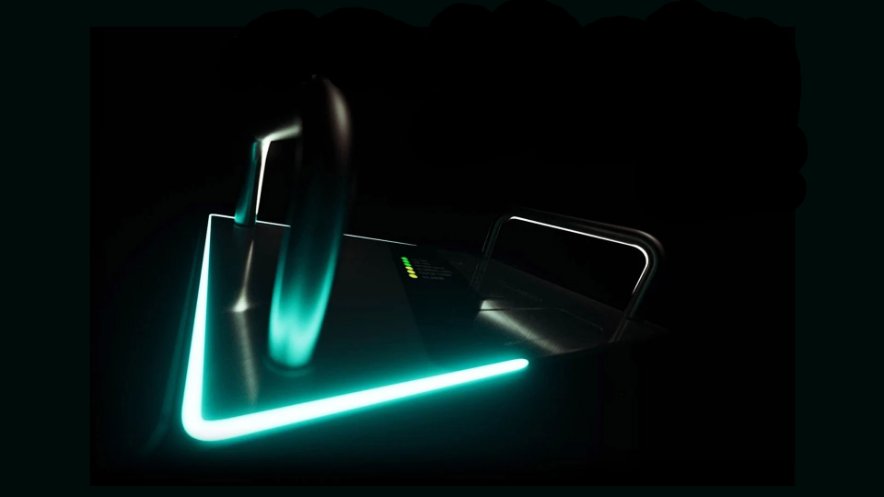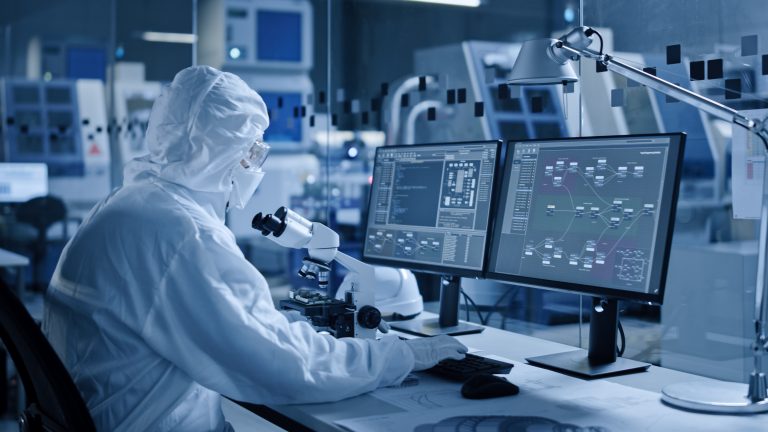What Does Innovation Really Mean to a Company?
已发布 十一月 14, 2018 由 Isabel Yang
What does innovation really mean to a company? As I think about the future for Advanced Energy and our customers, it is clear to me that a holistic vision of innovation, which uses the customer experience and market needs for its foundation, is the most viable strategy. Before you dismiss that remark as platitude, let me break it down.
First, innovation can be recognized as a new technology or a new business model. The microprocessor made from semiconductors is an example of the former, and Uber the latter. Uber is interesting in that, other than a mobile app, they have no product. They leverage social media technology, have zero inventory (vehicles) and outsource their labor (drivers). Drivers succeed based on passenger ratings. It’s a great example of disruptive digital transformation and an innovative business model. Products made from semiconductors, on the other hand, are foundational to the explosive growth of computing, mobile devices, and the internet. To be more specific, CMOS – Complementary Metal Oxide Semiconductors – was the “new” technology that started the aggressive scaling momentum which literally shaped the information technology revolution, and hence our daily lives.
Necessity, the Mother of Innovation
I’ll slightly alter a well-known adage, “necessity is the mother of invention” to be “necessity is the mother of innovation.” AE is very good at identifying a unique customer need and developing a product that meets that need, and often exceeds customer requirements and expectations.
In my previous blog on digital transformation, I talked about how our products could operate as a system, increasing their value in terms of capability and customer experience. I believe that as we go through our digital transformation, we can combine our exceptional ability to innovate with an awareness of the customer experience. For example, we can create modular, flexible power solutions that integrate into comprehensive systems which are more easily incorporated into an OEM’s tool. That’s a capability. But what happens if the component needs to be reconfigured? For a customer, taking it off the tool, sending it to us and then reinstalling can create downtime or a least a dip in productivity. Remote, on-the-fly reconfiguration would be better. While that also is a capability, eliminating the steps for the customer changes their experience. When that happens, we deliver a superior product and the best possible experience.
Incremental Innovation vs. Disruptive Innovation
I look at innovation as a spectrum. Incremental innovation has its value; squeezing 2% increase in productivity by improving an assembly process, for example, is meaningful. Improving product functionality to a degree is important but not disruptive or transformative.
Transformation depends on identifying what I call “big bets.” These are initiatives that come to fruition in five or more years, establish industry dominance and also influence relevant adjacent industries. We can look to data centers as one such big bet. More than 40% of a data center’s ongoing cost is electricity. Large data center providers today are demanding that the community in which they build source at least some of the energy from renewable technologies. One reason is that in the early days of data centers, environmentalists called out providers as “dirty power” mass consumers. In response, those companies focused their attention on vastly improving the PUE (Power Usage Effectiveness) and incorporating renewables into their operational model. That was a big bet. And it paid off. Renewable energy has become ever more cost-effective and, with cost not the only consideration driving the decision, many consumers tend to favor companies that are environmentally conscious.
The future is always uncertain. However, what I am sure about is how our history of innovation has led to AE being a market leader, and that we will always keep innovating to improve our solutions and the customer experience.
I set out in this blog to answer the question, “What does innovation mean to a company?” I didn’t answer it explicitly because I don’t think innovation should be prescribed. It should be innate, part of our company culture. I hope that I’ve inspired you to think about innovation from your own vantage point and respond with your thoughts.
What do you think our big bets should be? I’d love to hear from you!

.jpg?resizemode=force&maxsidesize=884)

